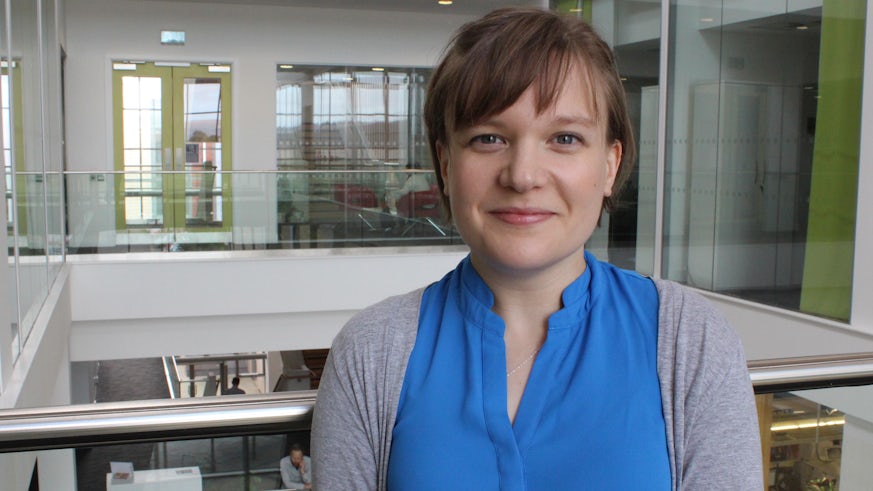Sleep and mood in bipolar disorder
2 October 2017

Evidence suggests that sleep loss, as well as being a core symptom and early warning sign of impending mood episodes in people with bipolar disorder, can also trigger relapse, particularly mania.
A new study published in the British Journal of Psychiatry, suggests that one in four individuals with bipolar disorder may be at risk of an episode of high mood following sleep loss.
Led by PhD student Katie Lewis, this is the largest study to date reporting on the prevalence of sleep loss as a trigger in individuals with bipolar disorder.
It is also the first study to examine sleep loss as a trigger of both manic and depressive episodes in a large sample of individuals with bipolar disorder.
The large sample size made it possible for the team to examine whether bipolar subtype, as well as gender, could affect people’s vulnerability to sleep loss.
The main difference between type 1 and type 2 bipolar disorder is that people with type 1 tend to have more severe episodes of high mood (e.g. that require hospitalisation) compared to people with type 2.
Katie explained, “We found that 20% reported that sleep loss had triggered episodes of high mood, whereas 12% reported that sleep loss had triggered episodes of low mood.
“A tendency for sleep loss to trigger episodes of high mood was more likely among women and people with type 1 bipolar disorder.
“This finding was the same when controlling for things like the number of episodes experienced, age and illness severity. In contrast, the tendency for sleep loss to trigger depression appeared to be the same across bipolar subtypes and genders.”
In the study, Katie and her colleagues interviewed 3,140 individuals, drawn as a sample from the Bipolar Disorder Research Network. People were recruited from across the UK, through NHS community medical health teams and patient support organisations such as Bipolar UK.
Katie explains more about this research
Katie explains more about this research
Understanding what factors influence the relationship between sleep and mood episodes could help clinicians predict which individuals are most likely to relapse following periods of sleep deprivation, for example, because of long-haul travel or shift work. It could also inform self-management techniques such as e-monitoring.
It is unclear why some individuals become depressed following sleep deprivation and others become manic. It is possible that other triggers associated with relapse in bipolar disorder, such as stressful or exciting life events, medication use or interpersonal conflict, may coincide with the sleep loss that people experience.
Katie concluded, “Future research could potentially use manic or depressive responses to sleep loss as a subphenotype for genome-wide analyses or examine whether people who have a high risk of inheriting bipolar disorder are more prone to mood dysregulation following sleep loss.”
